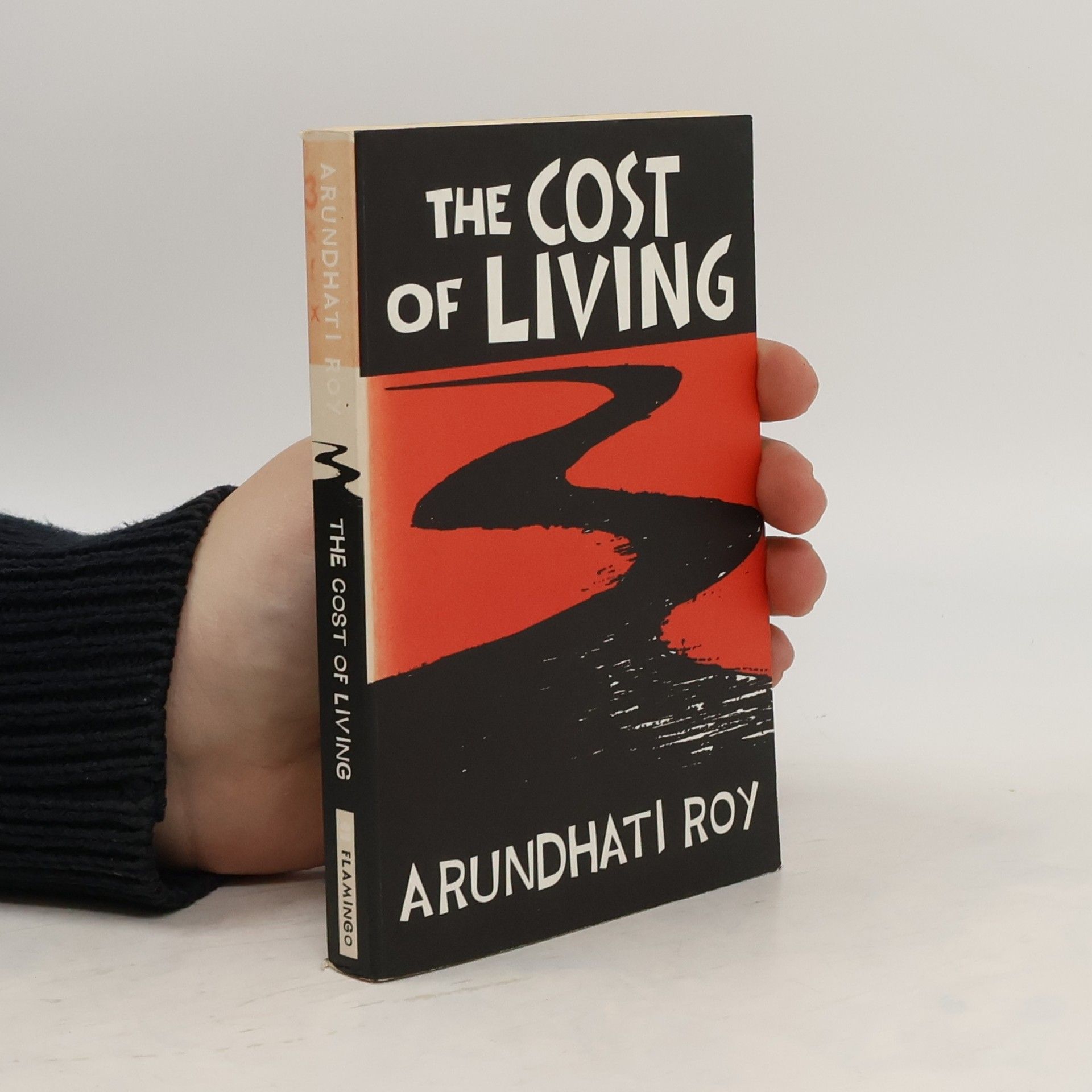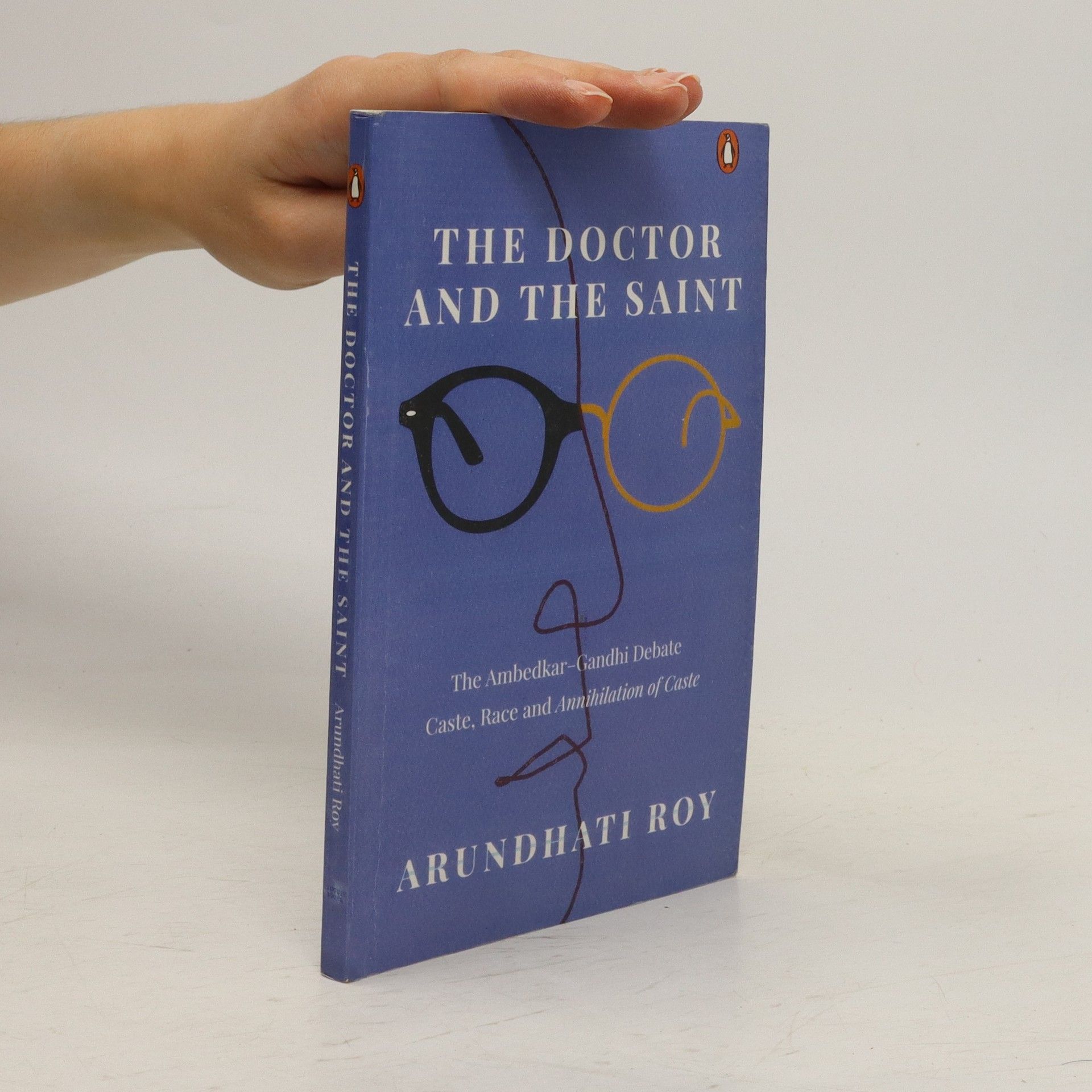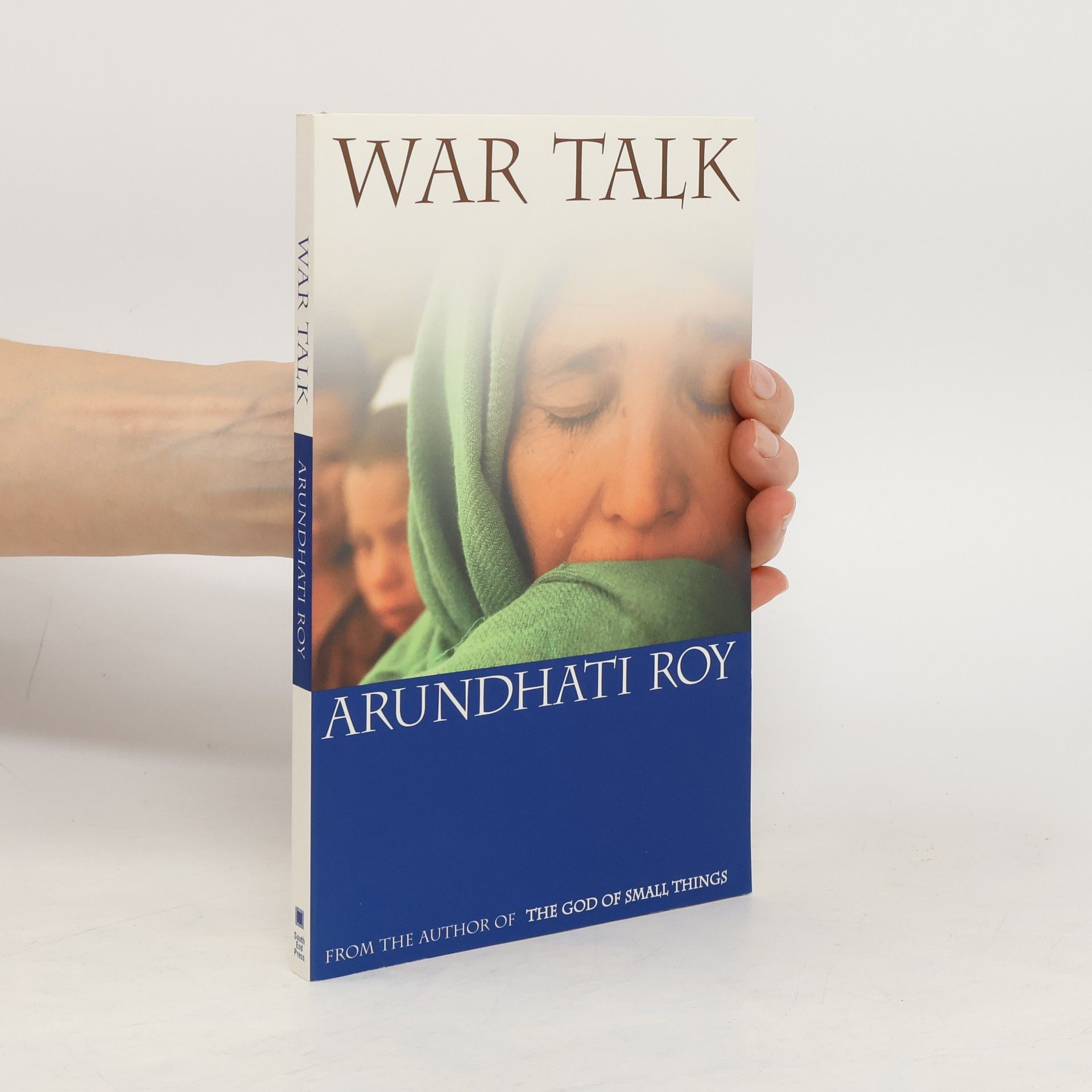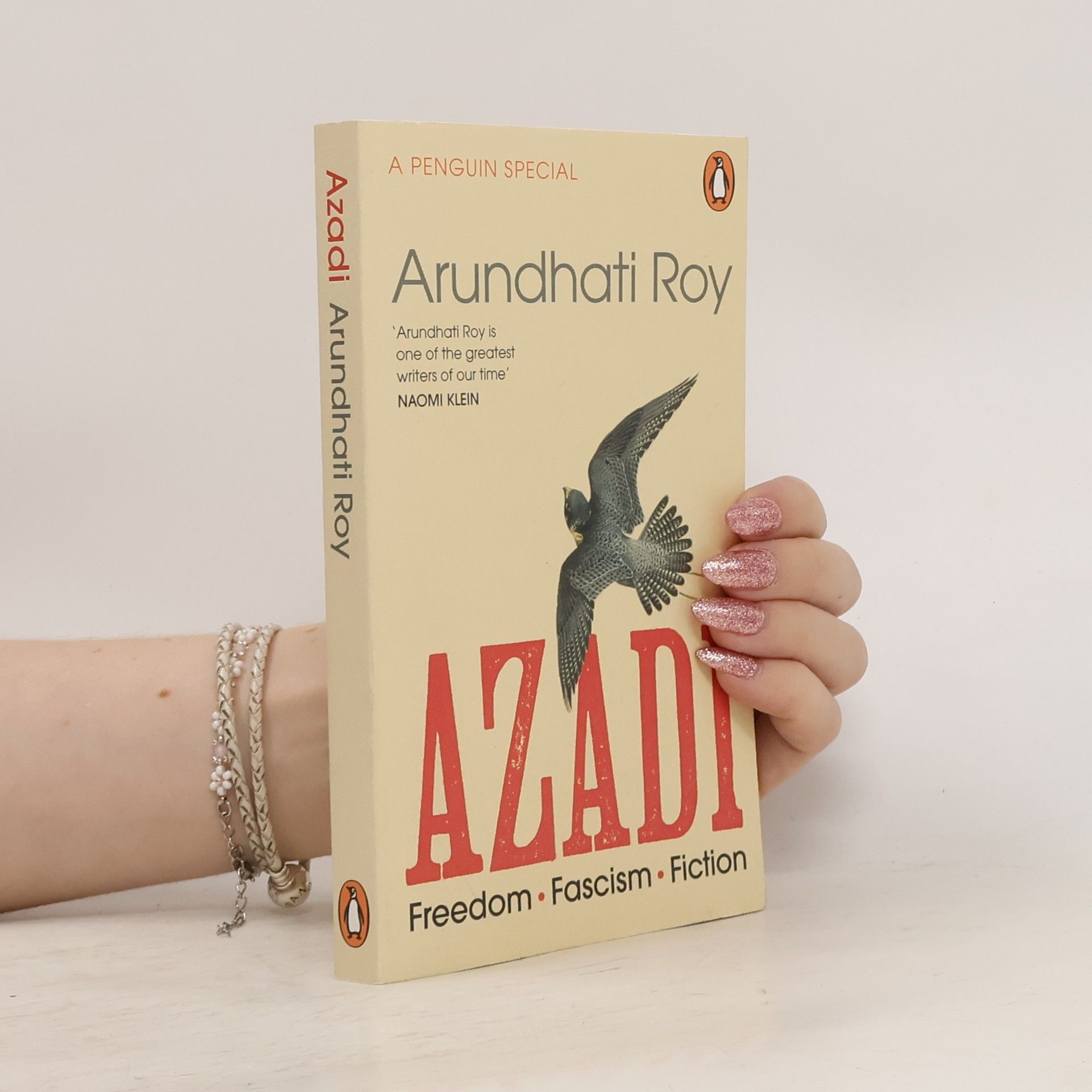Que devons-nous aimer ?
A la rencontre d'Edward Snowden : essais et conversations
- 128pages
- 5 heures de lecture
Arundhati Roy et John Cusack se lancent dans un pari un peu fou : aller rendre visite à Edward Snowden à Moscou, où il est réfugié politique. De ce défi naît une passionnante série d'essais et de conversations, de l'émergence de cette idée jusqu'à la rencontre avec ce fameux lanceur d'alerte, ancien employé de la CIA et de la NSA. Accompagnés pour cette entrevue historique de Daniel Ellsberg, un autre lanceur d'alerte qui avait fourni en 1971 les "papiers du Pentagone" au New York Times, ils abordent au fil du texte la question de la guerre, de l'espionnage, du terrorisme, du patriotisme... et décortiquent de façon salutairement implacable le fonctionnement actuel du monde.








